The case study is where we discuss specific details of our investment process. Today we will tackle stock market multiples and how it relates to risk. I wish I could say we can also make it entertaining, but the subject matter probably precludes this.
To ‘beat the stock market’ investors often take excessive risk and make no attempt to measure it. In investing, measuring returns is the easy part and measuring risk is complicated. At Avenue we are not spending our days trying to figure out how to beat the market. We prefer to ask the question: Can we get a fair rate of return from our individual investments with a high degree of confidence? This is the same as saying we wish for a fair rate of return with low risk, or limited loss.
If a company grows consistently on a per share basis then this is a great way to make money. At the moment, however, the economy is growing slowly and sometimes not at all. There are a few rapidly growing businesses but because they are an anomaly, they attract disproportionate global investor interest and subsequently trade at extreme valuations. We think a much safer way to compound at a reasonable rate is to focus on stable and growing, moderate-sized businesses that trade at lower multiples compared to mega-sized businesses that trade at a high multiple and have high index concentration. For this Case Study exercise we choose to compare Leon’s to Microsoft.
Leon’s is an Avenue portfolio investment that trades at approximately a 10-times earnings multiple – or at least it did for most of 2019. We don’t factor in significant growth in earnings for Leon’s over the next 10 years. But the company is consistently profitable. More importantly, it returns this profitability to us, by way of dividends and share buy backs. By capturing and compounding these returns, we hope to safely double our original investment over the next ten years.
In contrast, Microsoft pays a small dividend but mostly reinvests the money it makes back into its own business. The problem is that the stock market has bid up the price of Microsoft’s stock so that it now trades at a 30-times earnings multiple. Now let’s use actual numbers to assess the probability of our expectations. Microsoft has a market capitalization today of $1.2 trillion and earnings of $40 billion per year. Let us emphasize that earnings again must double to $80 billion and in 10 years’ time, growth must be just as strong so that the stock still trades at 30 times earnings; or if Microsoft’s earnings slow and the stock trades at just 20-times earnings, then earnings must triple to $120 billion.
What you are asking Microsoft to accomplish is possible, but it has never happened in investment history before. Whereas, what we expect Leon’s to accomplish did happen last year, and the year before that, and the year before that… At Avenue, we believe we have a high degree of confidence that we can double our money by investing in Leon’s. Whereas doubling our investment with Microsoft would be super cool, but the risk is more comparative with wildcatting for oil or exploring for diamonds. Take note that if Microsoft did double its present stock market value, that company would be similar in size to the current value of the entire Canadian stock market, which is about $2.4 trillion.
